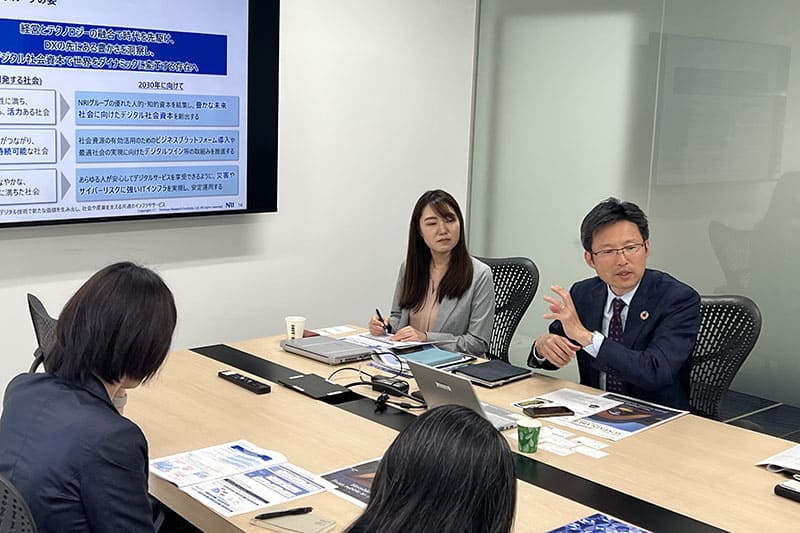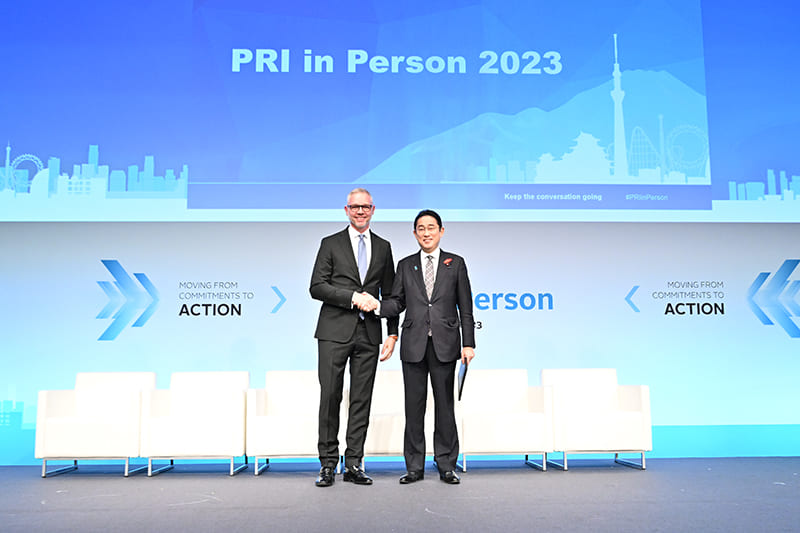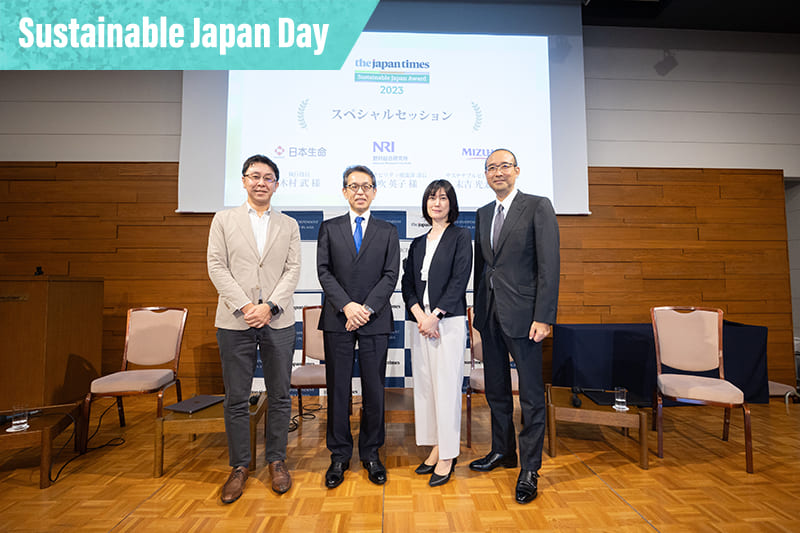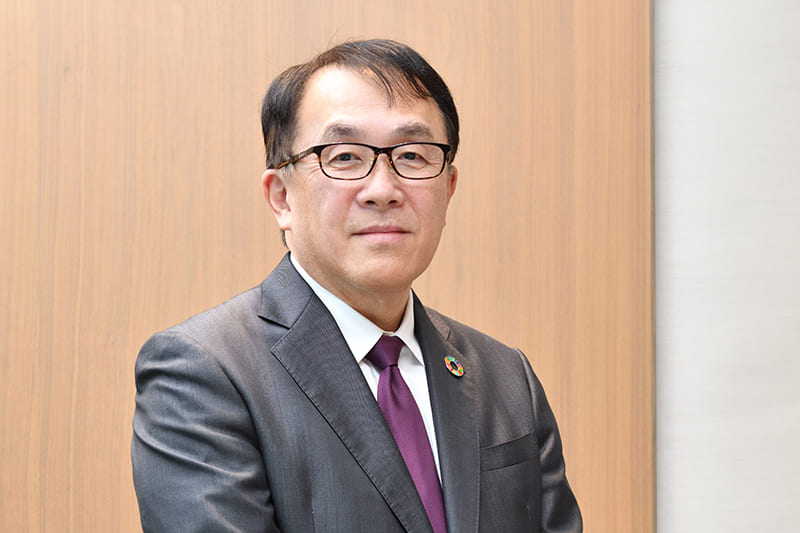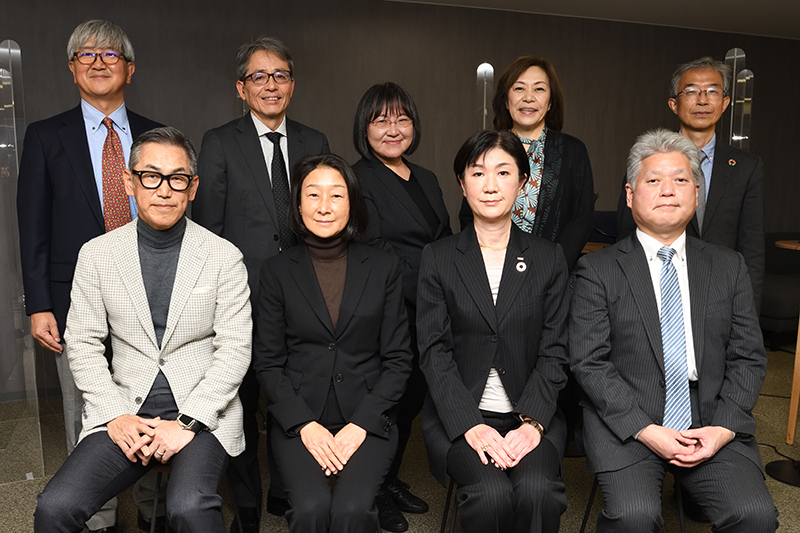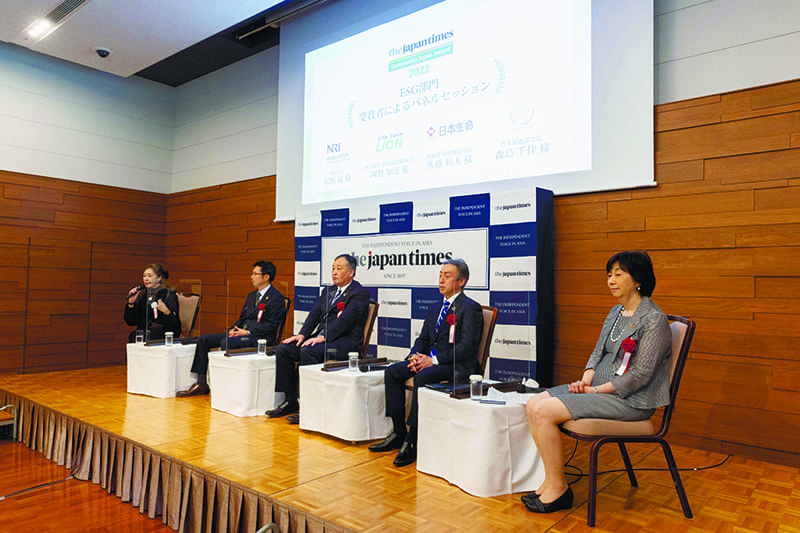July 14, 2023
Sustainable Japan Network, ESG study sessions
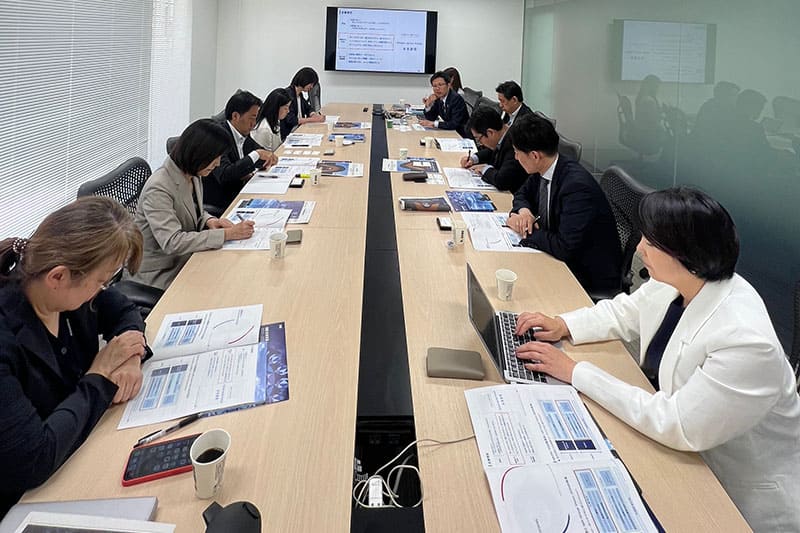
Morisawa: What is current in ESG investing
With environmental, social and governance topics gaining the spotlight, what is happening in the field of global ESG investment now, and what will happen in the coming year? The Japan Times hosted a study session on this theme on Feb. 16, focusing on what global ESG networks promote to investors and companies and on what corporate sustainability disclosure rules are.
“Investment has an impact on society, for better or worse. We are encouraging investors to think what they can do to have a positive impact on our society,” Michiyo Morisawa, the senior lead for Principles for Responsible Investment and the Japan director for CDP Worldwide-Japan, told the session. PRI is a U.N.-backed independent group that encourages institutional investors around the world to take a long-term perspective with responsible investment. Established in 2006, PRI has supported an international network of signatories in incorporating ESG factors into their investments. CDP is an international nongovernmental organization that helps companies disclose climate-related data.
Morisawa pointed out that Japan has been slow to transform its energy strategy from fossil fuels to renewables. Since Japan is a net importer of fossil fuels, it could have promoted renewable energy more actively because it has little natural resources. Many Japanese companies have joined RE100 (Renewable Energy 100%), a global initiative bringing together global businesses to commit to a goal of 100% renewable electricity by 2050, but Japan is one of the most challenging markets for reaching that goal due to high prices for renewable energy, Morisawa said.
She also explained current corporate ESG-related sustainability reporting. The Task Force on Climate-related Financial Disclosures (TCFD), a global organization established in 2015 and led by the private sector, in 2017 issued a set of recommended disclosures for companies to better show their climate-related risks. The TCFD framework, updated in 2021, is formed around four themes — governance, strategy, risk management, and metrics and targets — that became the base of new international disclosure standards issued at the end of June by the International Sustainability Standards Board (ISSB), established in 2021.
At the end of the session, Morisawa called on Japanese companies and investors to take a long-term perspective on sustainability-related issues and human rights. She said some Japanese companies have invested in thermal power plants in other parts of Asia that U.S. and European firms decided to stop financing due to their harmfulness to the environment. “In 2023, I hope Japanese companies and investors will invest in what they realize as promising business in the future.”
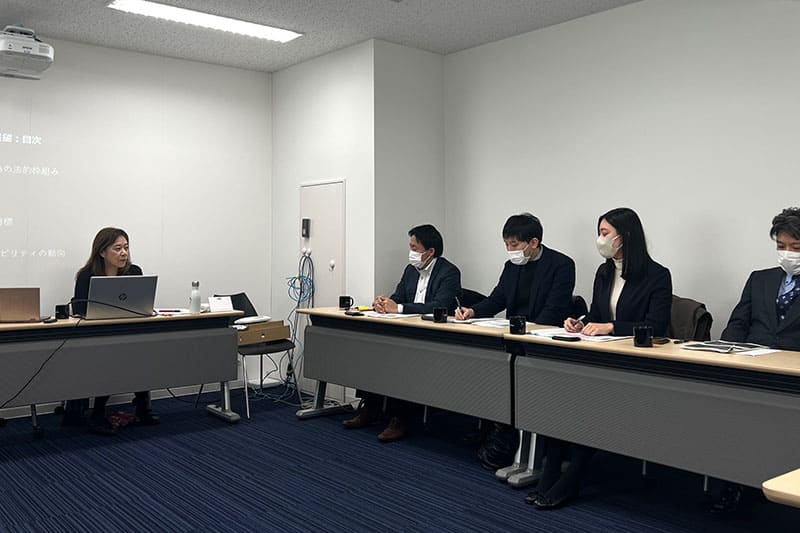
NRI Hihara: ‘Value co-creation,’ growth
How companies can develop their human resources, including sharing their values and beliefs with employees to help drive growth, was discussed at the latest study session on ESG issues.
The Japan Times held the fifth study session on May 10, inviting a speaker from the Nomura Research Institute, the country’s first private think tank, established in 1965. In the session, Takeshi Hihara, the senior corporate managing director in charge of sustainability issues, explained NRI’s sustainability business management, in which its unique concept of “value co-creation” is the base of every part of its policies, ranging from its midterm business plan to its corporate vision for the future. For example, its 2030 vision aims, through the “convergence of business and technology,” to create new digital services that transform society.
Hihara said the company supports internal activities to help the concept of value co-creation, creating values and addressing social issues with customers, to be spread down to workers. In the past several years, the company appointed 10 to 20 young leaders in their 30s every year to hold workshops to discuss its social values and contributions to the future society. NRI set up a committee to promote these activities and had dialogues with each part of the NRI group to share the new ideas for inclusion into their new strategies.
Asked by one of the participants about how to share NRI’s philosophy with those who work for its overseas units, where the turnover rate is higher, Hihara said NRI is starting with an Australian unit that has a rather long history in the group and better understands its corporate culture.
Another participant asked about communication with stakeholders. Hihara said that in recent years, human capital issues have gained attention from institutional investors, who are interested in how a company manages its human resources and how it invests in them to respond to the digital society. Therefore, it is increasingly important for companies to disclose related data — not only financial but nonfinancial — so investors can easily understand it.
As for how to support human capital, especially through re-skilling, which has gained the spotlight in recent years, Hihara said it depends on which strategies a company focuses on — business management or technology development. Either way, it is wise to prepare early by training young workers in business management or appropriate staff reshuffling, rather than training them to learn new technologies that are subject to constant changes, he said.
